Last Updated on December 1, 2023
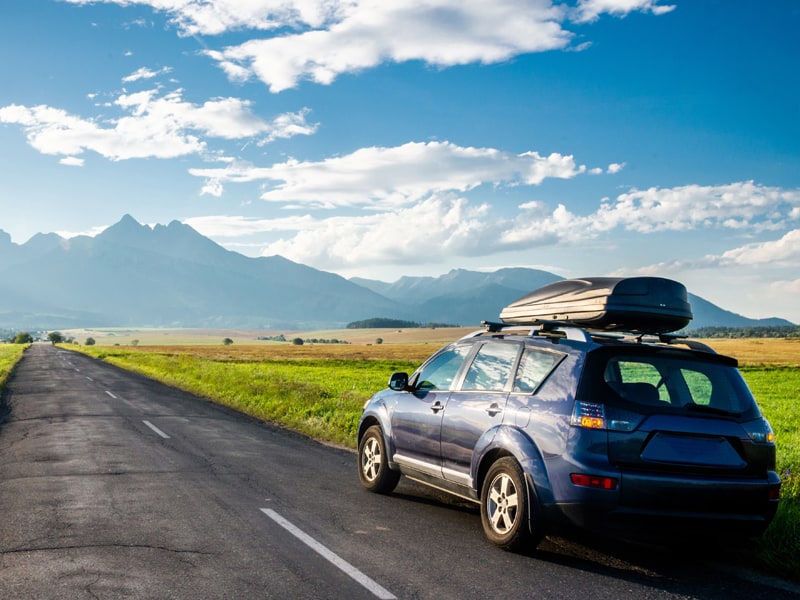
The best road trips that will keep you happy and healthy take planning…
Estimated reading time: 8 minutes
By Molly Barnes
The travel industry took a severe beating during and after the pandemic. And now, our lives are governed by restrictions, especially in transportation. Many of these restrictions are understandable. After all, we all want to keep the virus and other diseases from spreading, but they’re still exhausting.
If you’re like most, you’ve likely experienced some level fatigue and may need to take a break. A vacation would fit the bill.
However, traveling by air or train involves interacting with people. And many would-be travelers aren’t totally comfortable with that just yet. Even so, they still want to see their friends and loved ones . Gathering on Zoom doesn’t always cut it, either. This leaves many to wonder: “How can we celebrate together this year if we can’t or don’t want to fly?”
The answer might take the form of a road trip, as lots of people learned this past summer. Although numerous businesses are closed and some travel bans are still in effect, the highways are wide open for “business.” Hitting the asphalt makes it easy to social distance and stay in (almost) complete control of your trip — with extra planning for a road trip, of course. You can even make it a romantic road trip.
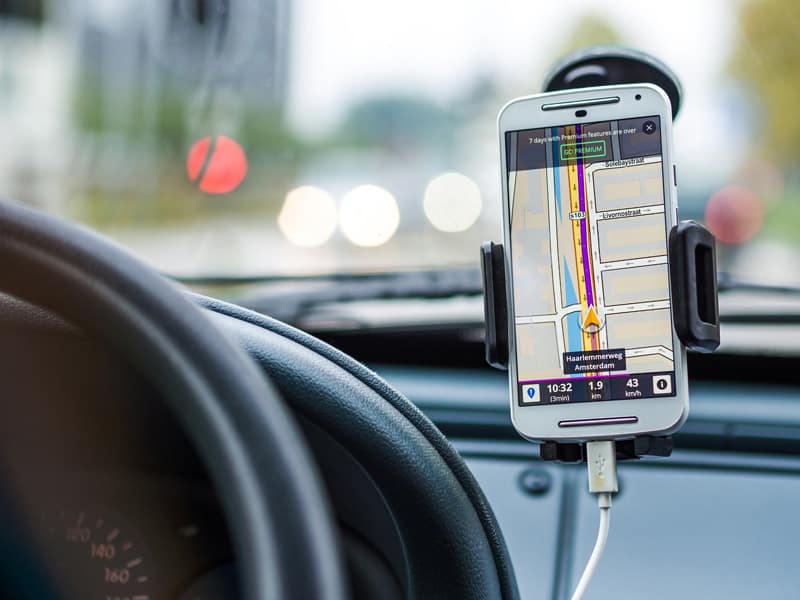
Plan Your Route for the Best Road Trip
Gone are the days — at least temporarily — when you could toss a suitcase in the trunk, jump in your car, crank up the music, and let the road take you where it would. Road trips now require much more planning, and this includes knowing which route to take. Consider, for example, this popular road trip from New York City up the Hudson River Valley. If you don’t research the route you’ll miss an awful lot.
And don’t just consider the USA for your road trip. There are easy plenty of road-trip opportunities in Europe, as well. For example, you can see Normandy and the famous D-Day beaches, and much more, in a 2-3 day road trip leaving from and returning to CDG Airport in Paris.
Fortunately, Google can be your best friend when planning your trip. With Google you can:
- Plan the route for a road trip
- Know what’s open or closed before you leave
- Identify road closures
- Find open locations along the way as needed
- Be sure to do plenty of research before you leave to identify clinics and hospitals along the way. You never know when you or your traveling companions may need medical care. It also helps to pre-locate gas stations, rest stops restaurants, and accommodations where you can feel safe.

Give Yourself Extra Time
Road trips require planning since they are usually unlike any vacation you’ve had before. Hope for the best, but plan for the worst. Be proactive to reduce the chances of anything going wrong. This means leaving yourself some extra time in case any of the following scenarios crop up:
- You can’t find an open facility, or the places you planned to stop unexpectedly close or reach capacity.
- Your car breaks down at night, and you have to wait until morning to get help. And then wait even longer for repairs.
- You need to thoroughly disinfect your car between stops.
- Holiday traffic (hey, everyone else drives on holidays, too!) and it delays your arrival time.
- You run into unexpected road closures or construction. With less traffic on normally congested roads, some state and local governments have been using the lockdown as an opportunity to speed up their construction schedules.
On any road trips, planning to take a little longer can help ensure that you arrive at your destination with plenty of time to spare. This way, you’ll know how much vacation time to request and can set aside enough days within your budget.
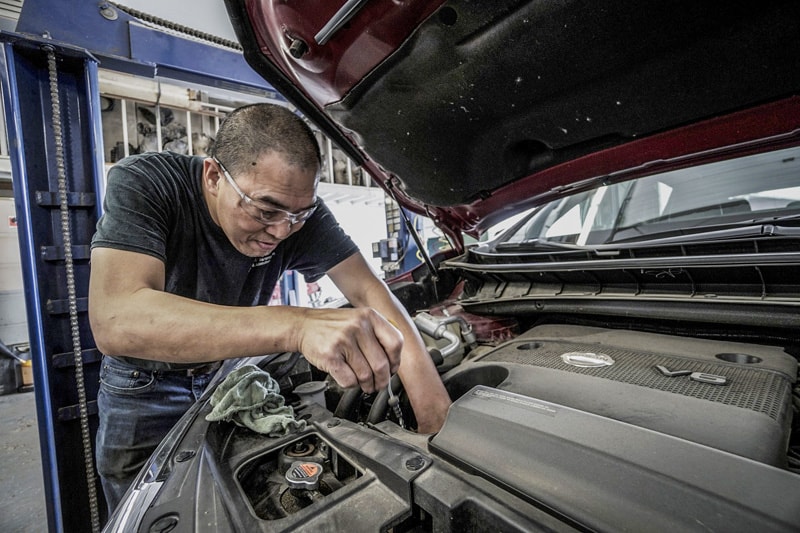
Have Your Car Checked Before Your Road Trip
If your vehicle breaks down, it can be disastrous. That’s especially true in rural areas where it might be difficult to find help. To reduce the chance of this happening, think in terms of prevention. That means being sure your car’s in the best shape possible before you leave.
In planning for your road trip check your battery, brakes, lights, and heat, along with your car’s fluid levels (oil, antifreeze, steering, etc.). Pack a spare tire and bring along a can of fix-a-flat. If you’re feeling less confident about your car-inspection skills, find a trustworthy mechanic to help you beforehand.
In Europe, where you’ll likely be renting a car or van, be sure to get insurance coverage. At times, your credit card will provide the coverage, but check with your card company first.

Pack Essential Supplies
The less often you need to stop in stores, the better you can socially distance while on the road. Stock your car with water, snacks, nonperishable food staples, a cooler with prepared cold meals (e.g., if you plan to eat sandwiches in your car), medications, a first aid kit, and anything else you need.
Since you’ll be moving constantly, such as on this fantastic road trip along the Maine Coast, or while driving across the Highlands of Scotland, you need to go beyond your norm. Pack yourself a compact sanitation kit and place the items in a seal-able bin. In planning for a road trip during a pandemic, remember to include extra face coverings and masks, bottles of hand sanitizer, alcohol-based disinfectant wipes, paper towels, plastic disposable bags (for clean and dirty masks), disposable gloves, rubbing alcohol, trash bags, and any other hygiene items.
Important: As you stock your kit, keep in mind that there are recalls on some hand sanitizers due to toxicity.
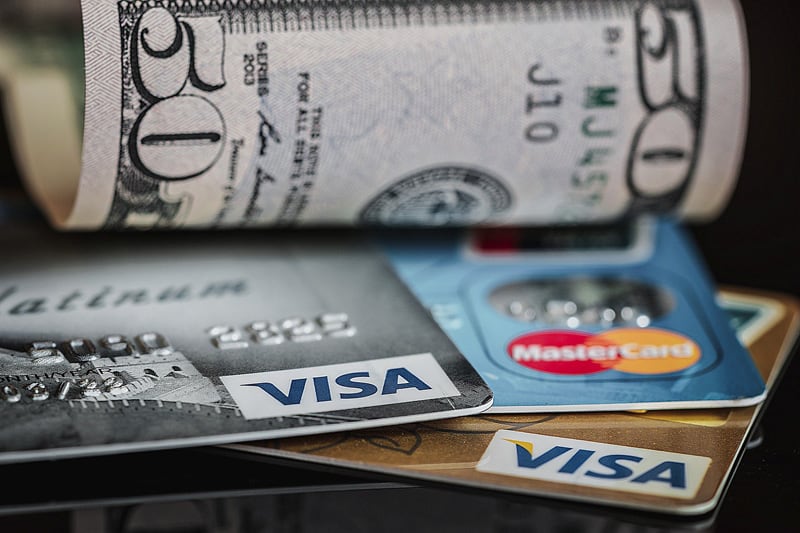
Check Your Finances
Driving is typically the least expensive of travel modes, but you still want to make sure you’ve got enough cash or credit to cover an emergency. When planning any road trip set up your road-trip-travel budget like you would any other budget — with a buffer.
And remember: Many places prefer not to take cash because they’re minimizing contact or dealing with a coin shortage, so be sure you have enough room on your credit limit so you can whip out your cards when necessary.
Also, prepare yourself for automotive problems. Make sure your auto insurance is up to date, premiums are paid, and you have all the coverage you need. Be sure to go over your policy thoroughly before you depart and make any adjustments to secure yourself enough insurance. And if you’re renting a car in Europe, there are some other things you need to know.
While you’re at it, consider your home’s security while you’re gone. Check your home or renter’s insurance policy. Also think about whether a good home warranty could help meet your needs in the event something breaks down that insurance doesn’t cover.
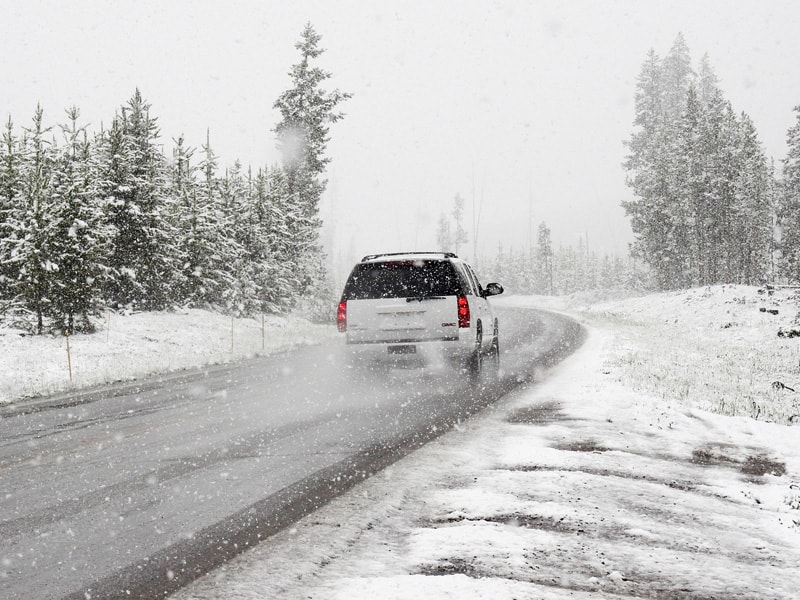
Know the Forecast
Roads are more likely to be most affected by the weather in autumn and winter. Depending on where you’re from and where you’re going, you might run into challenging winter weather road conditions along the way. Here are some steps you can take to plan and prepare before embarking on your road trip:
- Check the forecast for each region you’re traveling through. Conditions can vary drastically, especially if you’ll be driving through mountains along your route.
- Download a good weather-tracking app
- Devise a plan for driving (or stopping) in rain, sleet, snow, or ice that may be lying in wait along your route.
- Be sure to prep your vehicle and pack a winter preparedness kit in case you do get stuck or break down.
- Pack a portable phone charger and power bank in case your phone is drained, and you can’t charge it in your car.
Remember that everything these days needs a plan, from emergency kits to planning your route and everything in between.
So do your planning and strategizing first. After you’ve thought of everything possible for your travels — after you’ve made a list and checked it twice — then you can feel safe packing up, hitting the road, and having a great trip!
– Molly Barnes is a full-time digital nomad, exploring and working remotely in different cities in the US. She and her boyfriend Jacob created the website Digital Nomad Life to share their journey and help others to pursue a nomadic lifestyle.

Leave a Reply